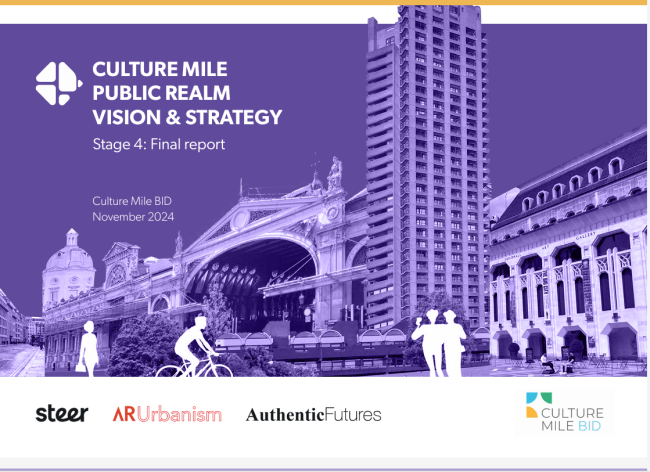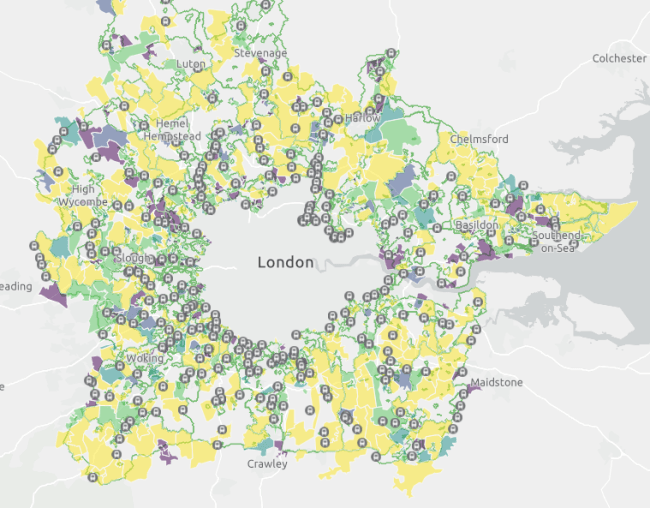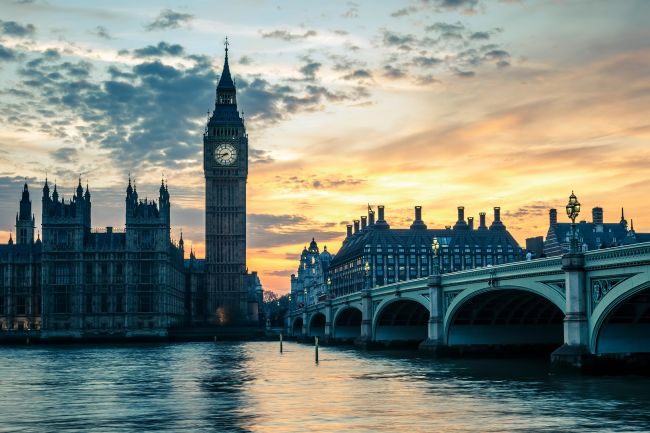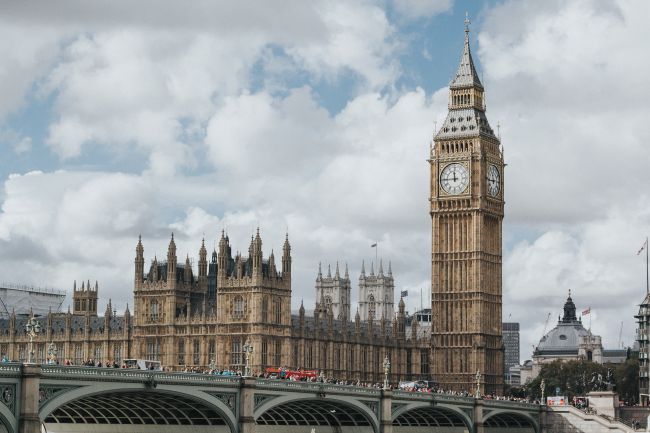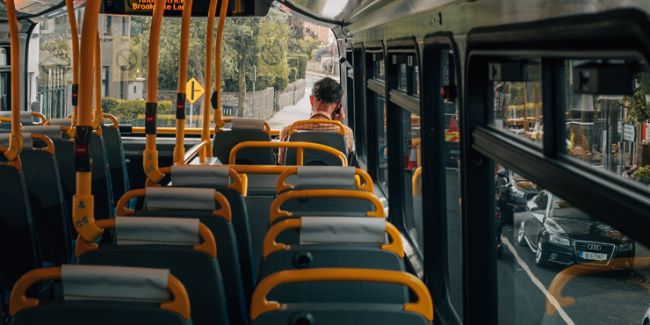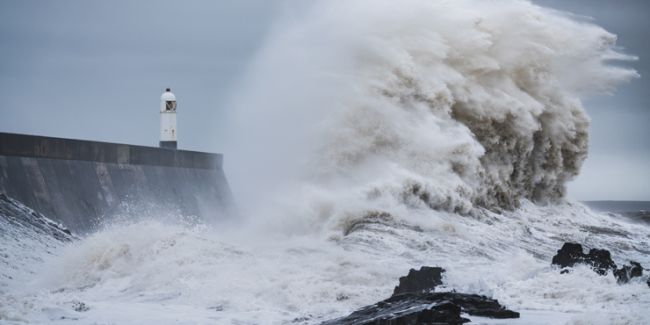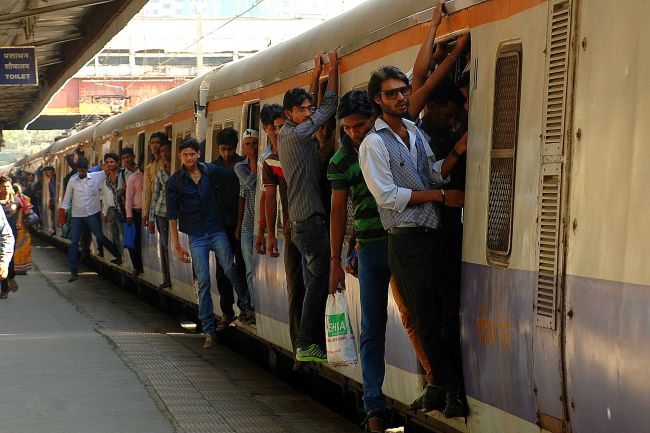Climate resilient future
Climate change is no longer something that might happen in the future. It is happening now and bringing major challenges to economies, communities, infrastructure and places across the world. Its impacts will be wide-ranging and irreversible.

Climate change is no longer something that might happen in the future. It is happening now and bringing major challenges to economies, communities, infrastructures and places across the world. Its impacts will be wide-ranging and irreversible.
In recent years, climate change and its impacts have risen on the political, economic and societal agendas. The 2018 Fourth National Climate Assessment, published by the US Global Change Research Program, stated that without "substantial and sustained reductions" in greenhouse gas emissions, climate change will negatively affect people, economies and infrastructure across the USA. However, it also highlighted that the worst impacts could be avoided by putting more focus into adapting to a warmer world and future climate change could be lessened (but not avoided) by working to reduce emissions across all sectors and localities.
Impacts for economies, places and infrastructure
Extreme weather events present a challenge to the resilience of our infrastructure now, and this is likely to increase in the future. Media stories of heatwaves, increased and persistent wildfire, severe storms, and melting glaciers have hit the headlines worldwide. Drought, wildfire, flooding and major storms have all affected the USA and Canada this year. Category Five storms (such as Katrina and, more recently, Dorian) have devastating impacts for people, economies and infrastructure and these may become more frequent requiring major efforts to improve resilience to extreme weather events.
These storms have huge implications, both in terms of the primary human costs and also financial impacts in terms of insurance and repair/rebuild:
- The human costs from extreme events are far reaching, with the mental and broader health impacts from extreme weather events widely recognized, leading to increased mortality and increases in demand for health services.
- Financial institutions are also increasingly aware of the potential challenges that climate change and the need to reduce emissions could have on the way that the economy functions. There is the potential for increased disruption of energy and transportation systems leading to more frequent and longer-lasting power outages, fuel shortages and service disruptions with cascading impacts across other key sectors. Investors will need to shift away from carbon fuels, and banks and insurance companies could face substantial losses.
Steer taking up the gauntlet
At Steer we are supporting businesses to become aware and resilient through strategy, action, investment and insurance, while also recognizing the need to both reduce our contribution to climate change and prepare for its impacts.
Climate resilience is increasingly becoming embedded in economic and infrastructure planning, and we are developing a forward plan to ensure that climate resilience is prioritized in all of our projects. We understand climate science and can explain this science in a way that is accessible to non-technical audiences and relevant to their interests. We can help organizations identify the risks they face and measures they can take to adapt to these risks, as well as enhancing their adaptive capacity, using tools such as the recently published international standard on adaptation to climate change (ISO 14090).
We are committed to developing climate resilient places, infrastructure and economies in North America and internationally and look forward to providing future updates on this crucial initiative.
